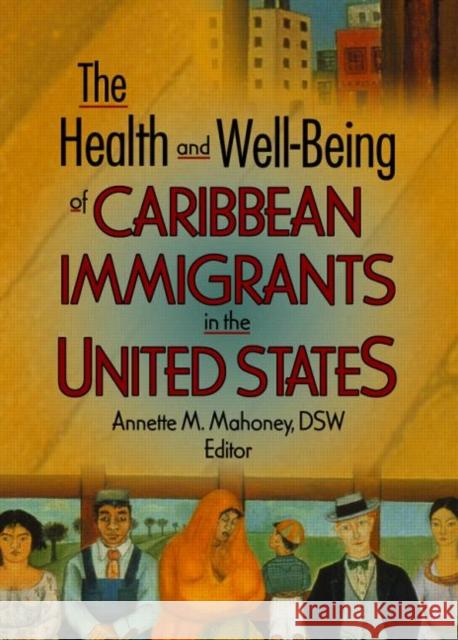The Health and Well-Being of Caribbean Immigrants in the United States » książka
The Health and Well-Being of Caribbean Immigrants in the United States
ISBN-13: 9780789004468 / Angielski / Miękka / 2005 / 196 str.
The Health and Well-Being of Caribbean Immigrants in the United States
ISBN-13: 9780789004468 / Angielski / Miękka / 2005 / 196 str.
(netto: 255,98 VAT: 5%)
Najniższa cena z 30 dni: 246,78
ok. 16-18 dni roboczych.
Darmowa dostawa!
The Health and Well-Being of Caribbean Immigrants in the United States is a timely addition to the knowledge base concerning the integration of this population into the fabric of American society. On the eve of the fortieth anniversary of the 1965 Immigration Reform Act, this book examines the relationship between immigrants from the Caribbean and the culture of the United States. This body of work provides resources for scholars and researchers and provides instrumental strategies for use in practice by counselors/social workers, curriculum developers, and immigration analysts. With this book, you will develop a new appreciation for the social capital immigrants bring with them, their adaptation to their new society, and the extent to which their distinctive characteristics promote or hinder their social mobility. Using tables, figures, and graphs, The Health and Well-Being of Caribbean Immigrants in the United States provides thorough analyses of broad-ranging issues and proposes viable solutions to the problems these immigrants face.In this important resource, expert educators, researchers, and community leaders address the unique challenges that affect this population, including: increased infant mortality rates increased HIV/AIDS among the Caribbean community the growing trend of violence and abuse among Caribbean and Caribbean-American youths the special needs of aging and elderly immigrants living in the United States the impact of the 1996 immigration legislation on Caribbean familiesThe Health and Well-Being of Caribbean Immigrants in the United States paints a clear picture of how these citizens are coping with the social, economic, and political aspects of the American way of life. This guide offers new findings and insight into the reality of the diverse immigrant Caribbean population, setting the stage for establishing groundbreaking initiatives to develop better support services. Innovative community-based approaches and culturally specific prescriptive intervention models make this book an integral source for social scientists, human service professionals, and policymakers.











